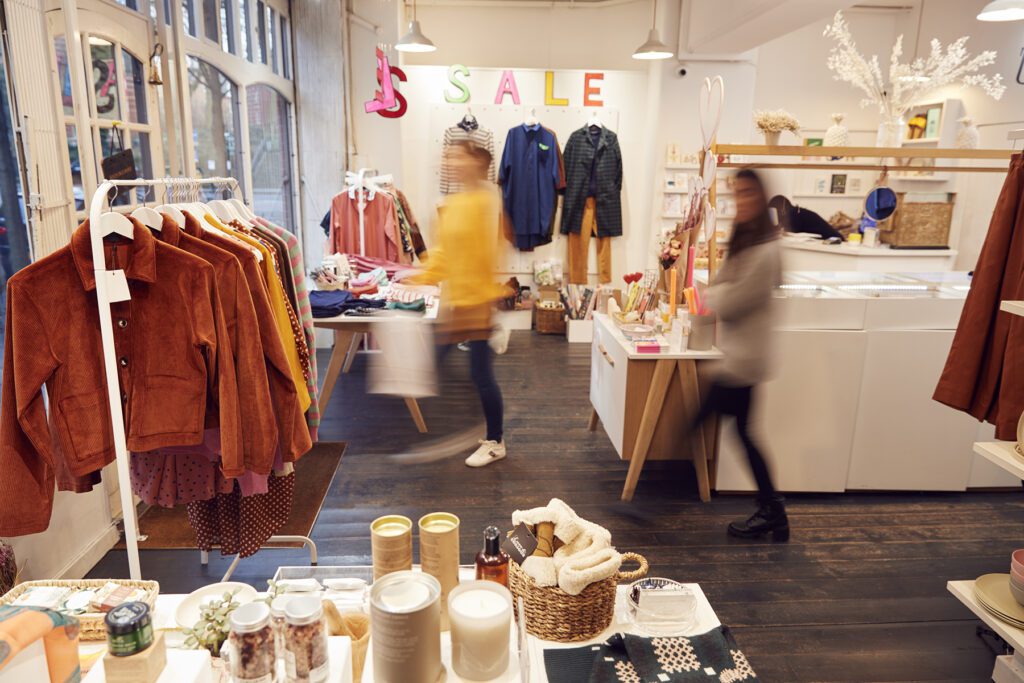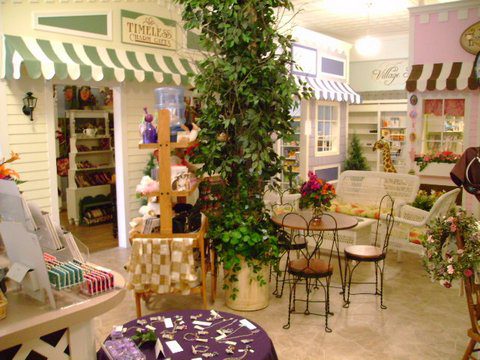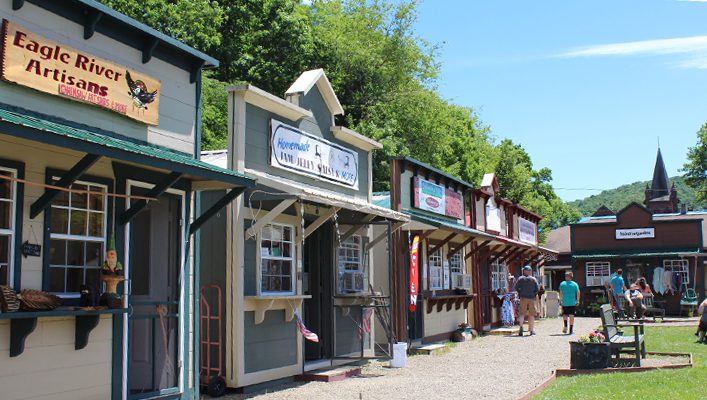New trends for small businesses in rural towns
Rural and small town businesses aren’t limited to the downtown mom-and-pop stores or the businesses recruited into the industrial park any more. In fact, rural businesses today don’t really have to look like any of the traditional business models for small town. Things are changing for small business owners who dream of having their own retail space but face many of the traditional barriers to attaining one.

Starting a business in a small town used to follow a traditional path: First, you would come up with an idea and try to find a location for your storefront. Next, you needed to make a business plan, set up the legal stuff, think about marketing, hire employees, and figure out a way to finance your business. Many of these steps involve utilizing personal assets, having good credit to secure business loans, establishing reliable connections and maybe even insider knowledge. As a result, a significant obstacle existed between the inception of an idea and the actual realization of a business in the traditional framework.
The new, innovative models tear down these barriers to entry for small businesses in rural communities. Today’s Innovative Rural Business Models include tiny, temporary, together, trucks and trailers, and creative ownership. They add up to new ways for more people to participate in the benefits of owning a business with less risk of failure.
For small, rural communities, this could be the future of thriving retail businesses.
In Washington, Iowa, there is a business called The Village. The huge old department store sat empty for decades because no one could fill all 15,000 square feet. It has now been divided up into a little “village” of shops that have only a few hundred square feet to fill. These smaller spaces give a lot more people the opportunity to try out a business idea.
The Village shops range from 80 to 144 square feet, with most being 120 sq ft. The rent is based on square footage, and includes all utilities, liability insurance, some expenses such as packaging, fees and dues, minimal advertising, as well as the additional “common space” in the courtyard and the display windows. In addition, there is a “gallery wall”, where local artists can display their work for a small commission fee.
For people who may never have the resources or assets to start a traditional downtown storefront, these tiny shared spaces can help them get started.

A formerly-empty department store downtown converted into space for many tiny business in Washington, Iowa. Photo by Cathy Lloyd.
Businesses can rent out spaces temporarily; ranging from a single day, a week, or even a specific season. In the past, businesses would often stay around for a long time, sometimes even for decades, without much change. Nowadays, new businesses can come and go quickly as their owners learn more, gather resources, and build a group of loyal supporters and customers. Temporary pop-up options allows them to move on to their next projects with confidence.
Consider the concept of booths at events as platforms for testing entrepreneurial concepts and products. Virtually every town hosts special events that present opportunities for setting up booths, thereby facilitating a greater number of business experiments to take place.

Many of the tiny stores in these spaces start out as a table-top shop, then scale up to a micro-shop, and eventually to a full-scale business. When you bring together the idea of pop up (temporary) businesses with the tiny house movement, you get tiny business villages. They make great sense for small towns and rural places.
Sources: Small Biz Survival
Tiny Business Village for McKenzie River Communities
We’re developing a tiny business village to help the McKenzie River communities recover from the Holiday Farm Fires. Help support our project.
Tiny Business Village – Lucky Boy Mining Camp
Donation Form